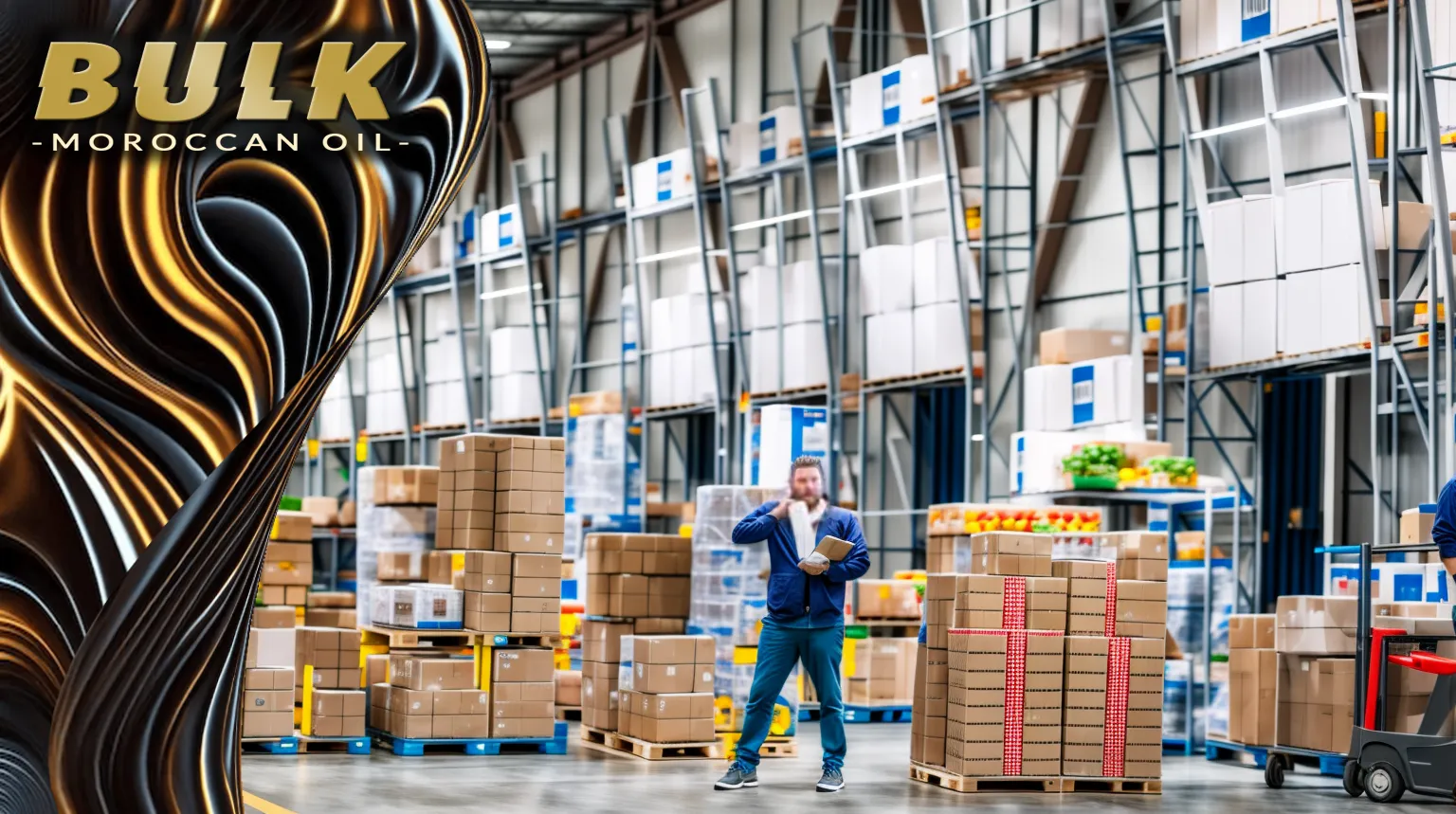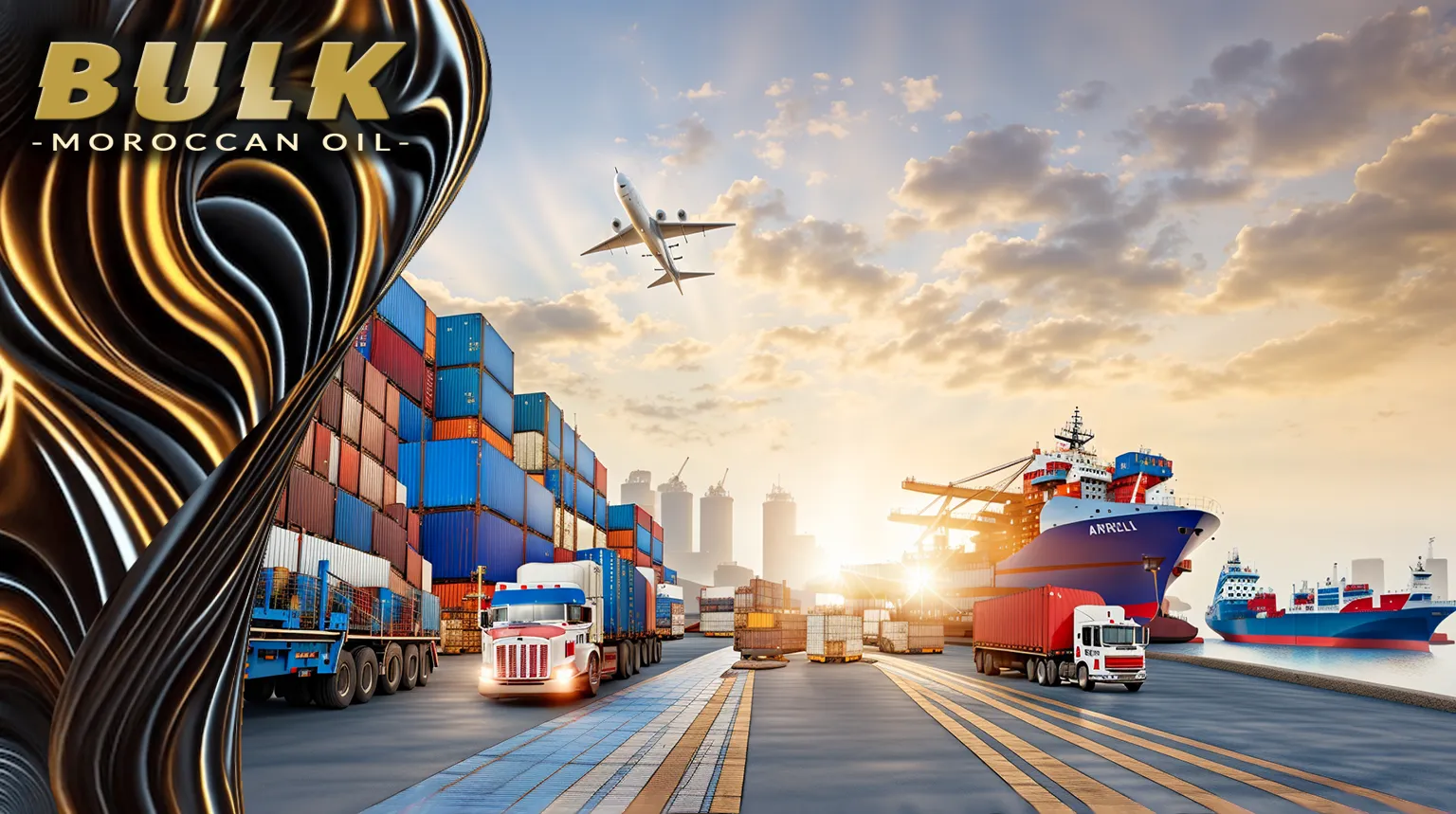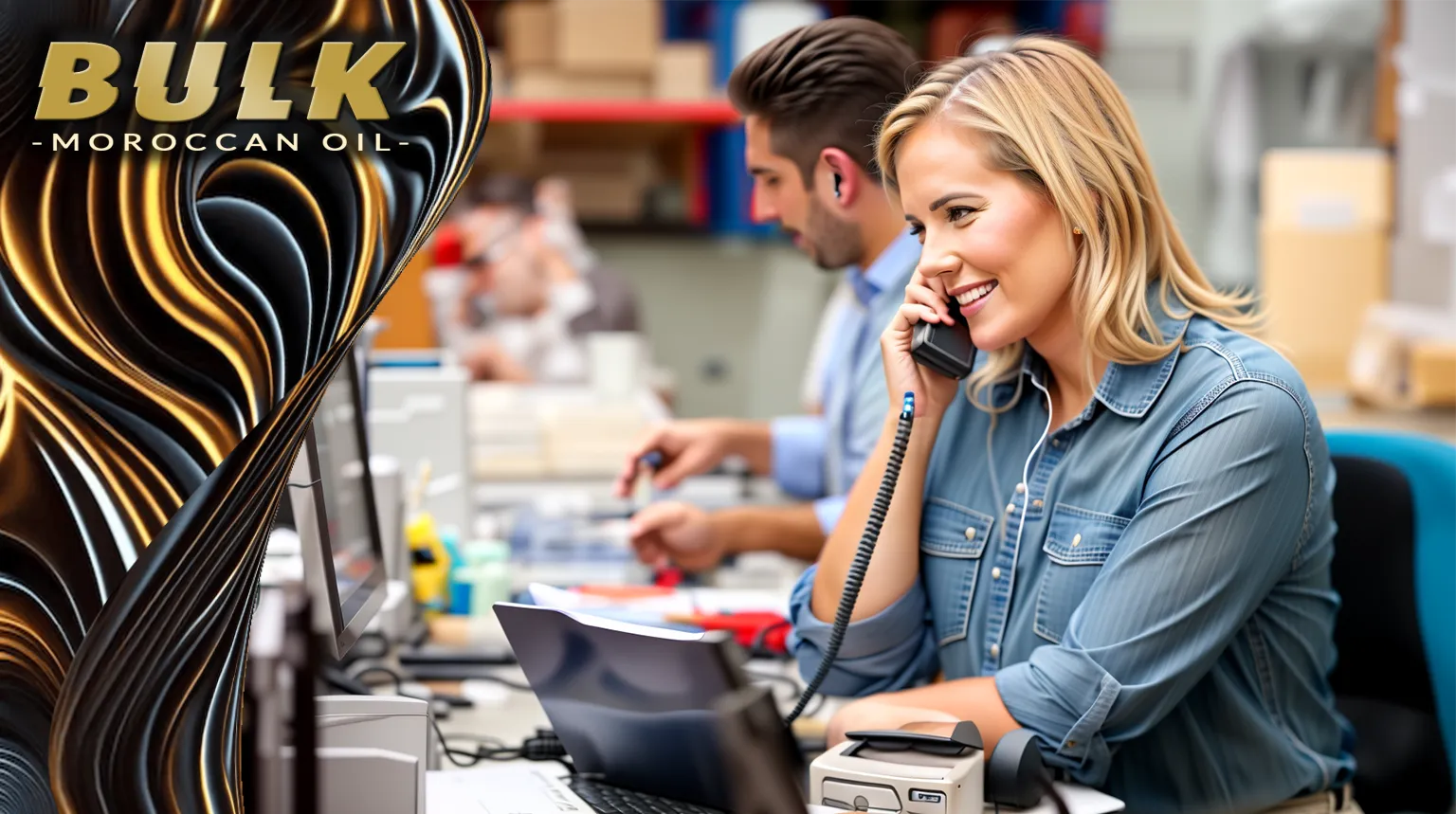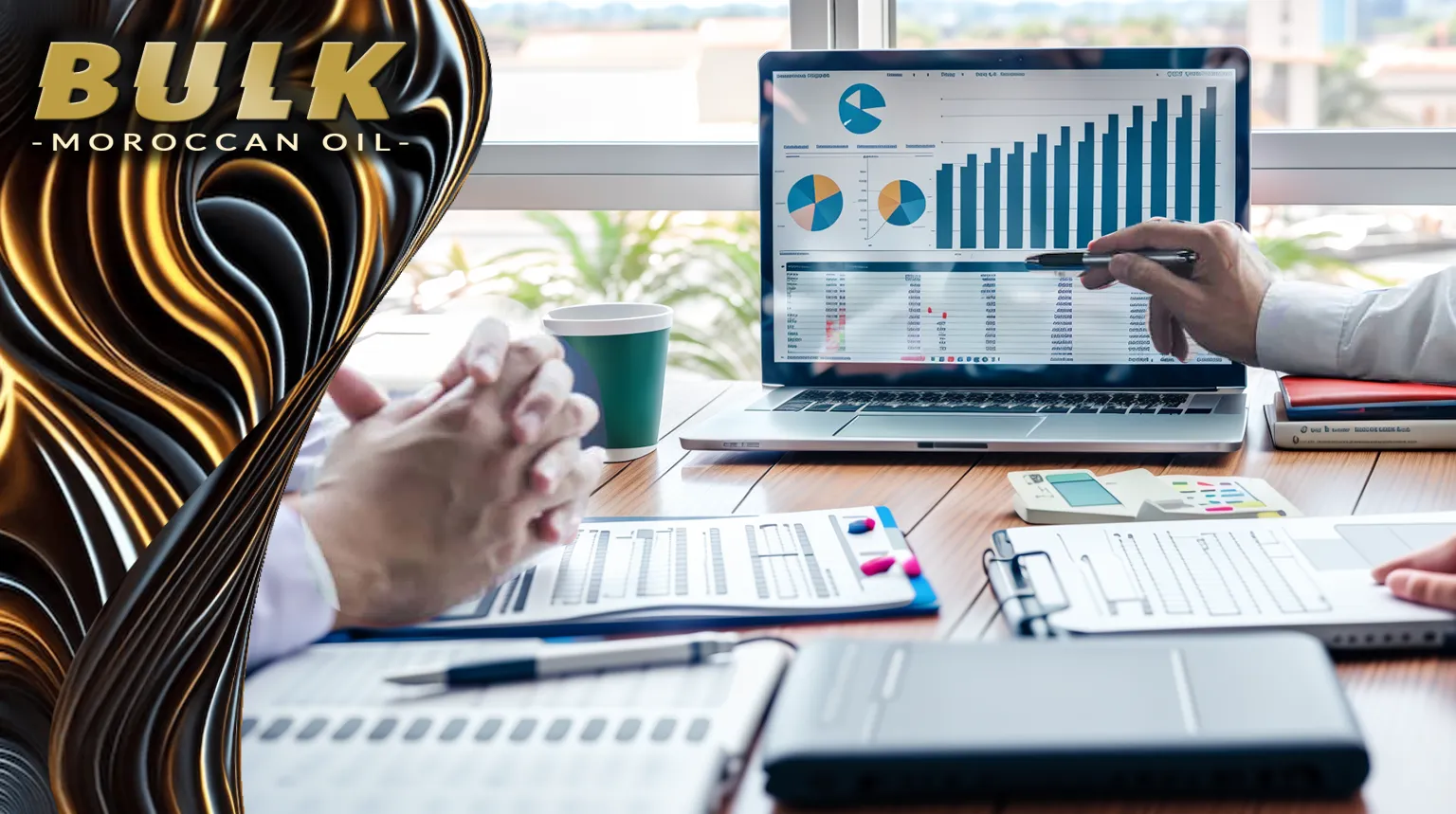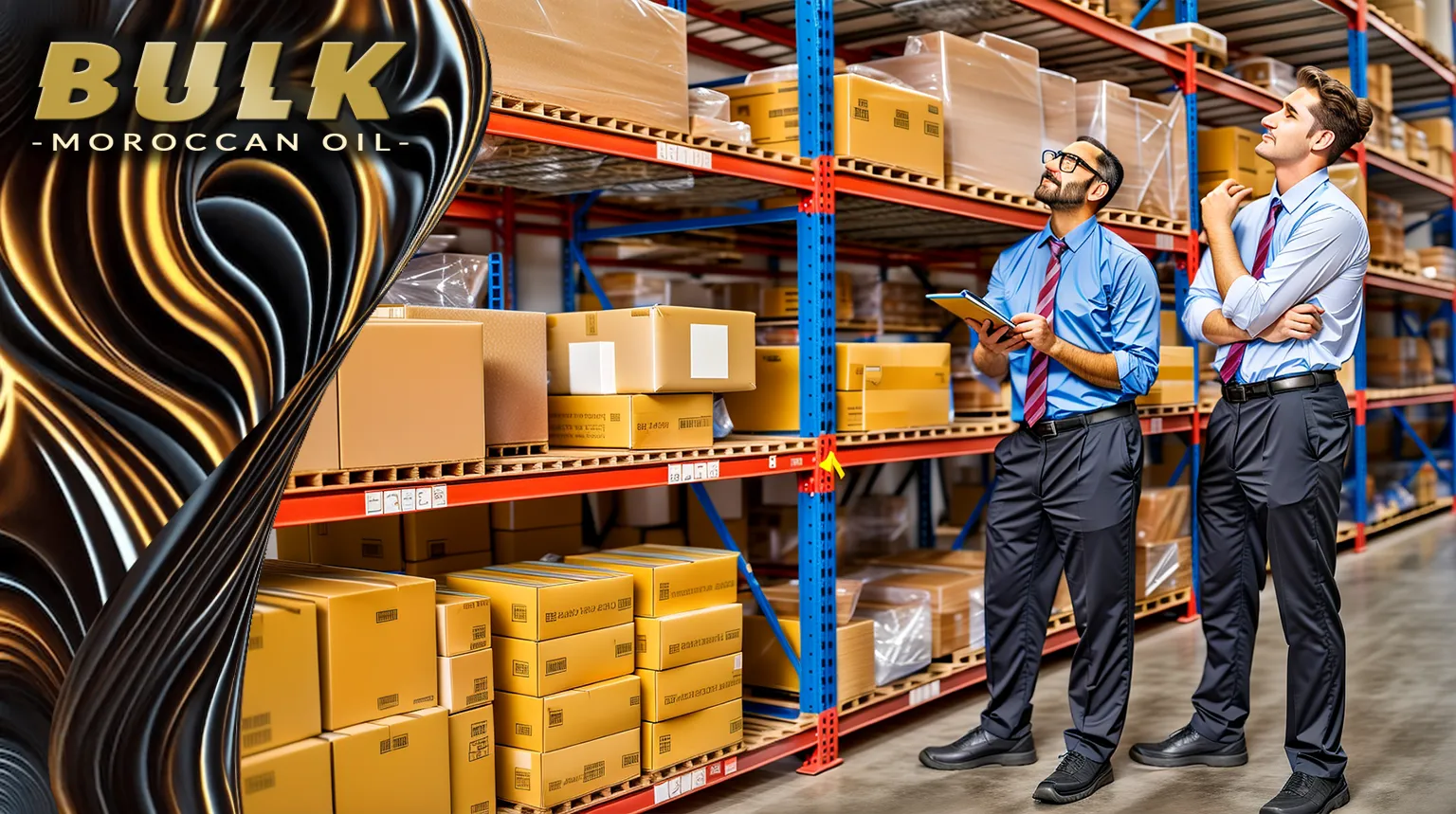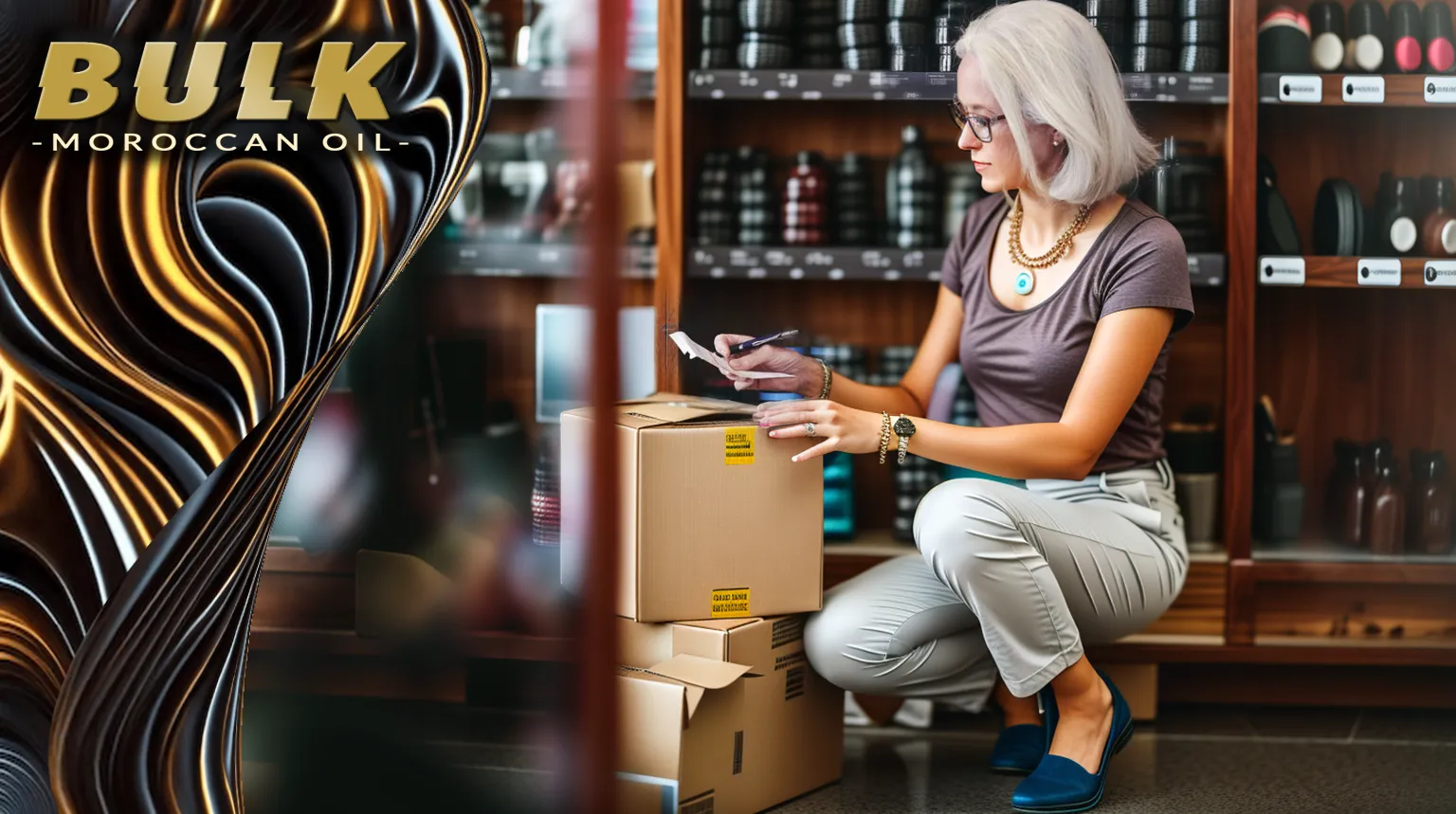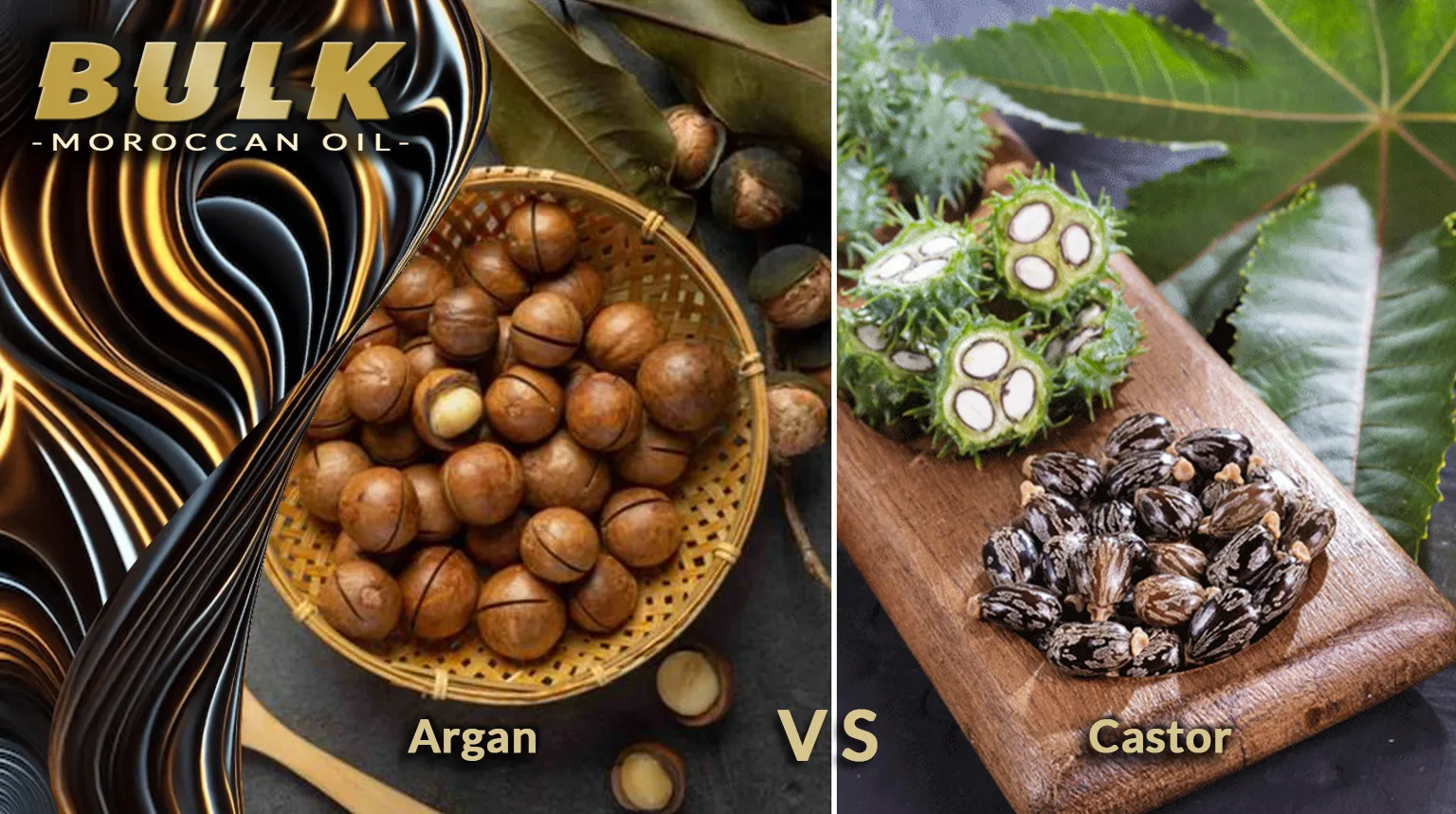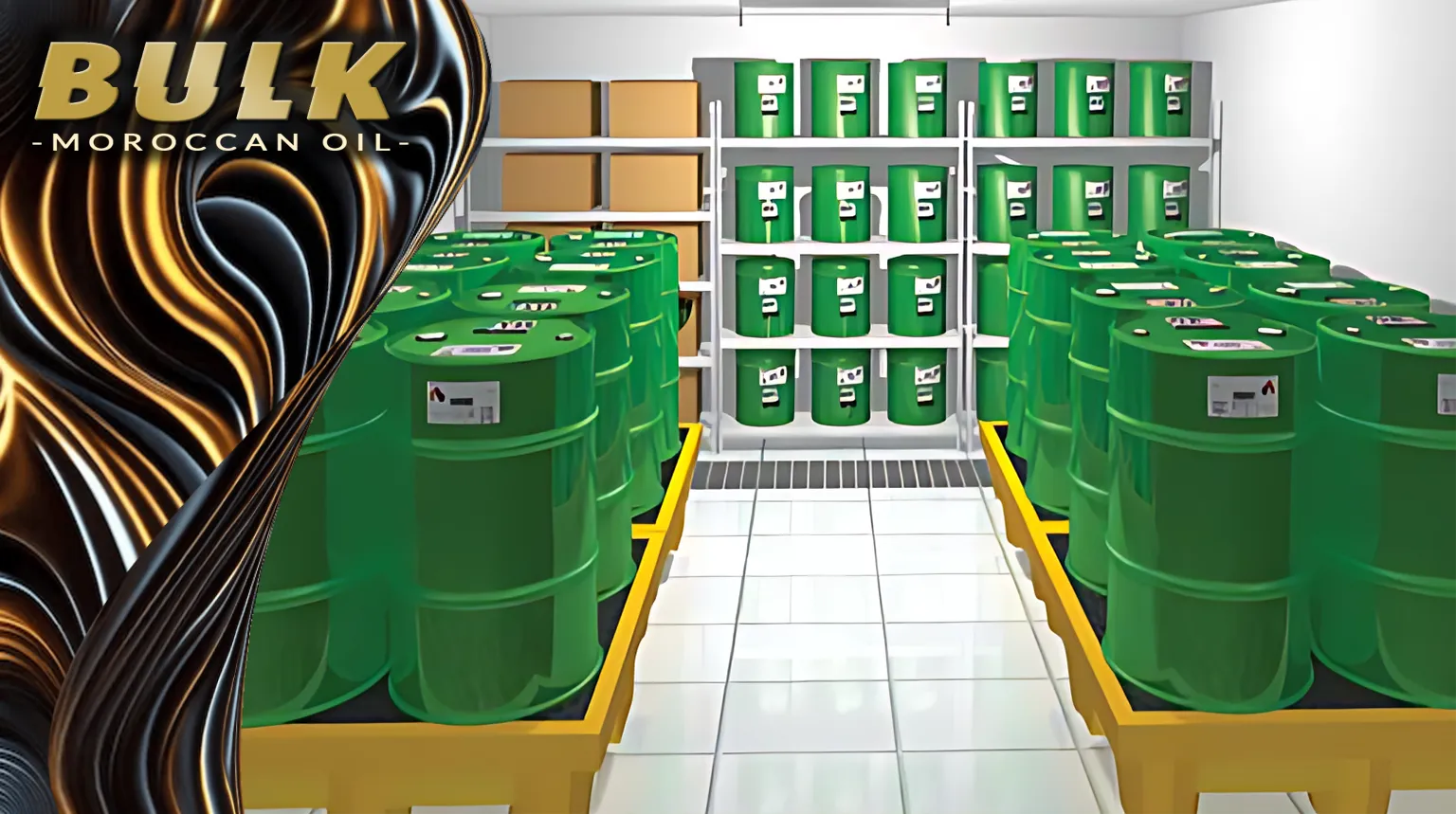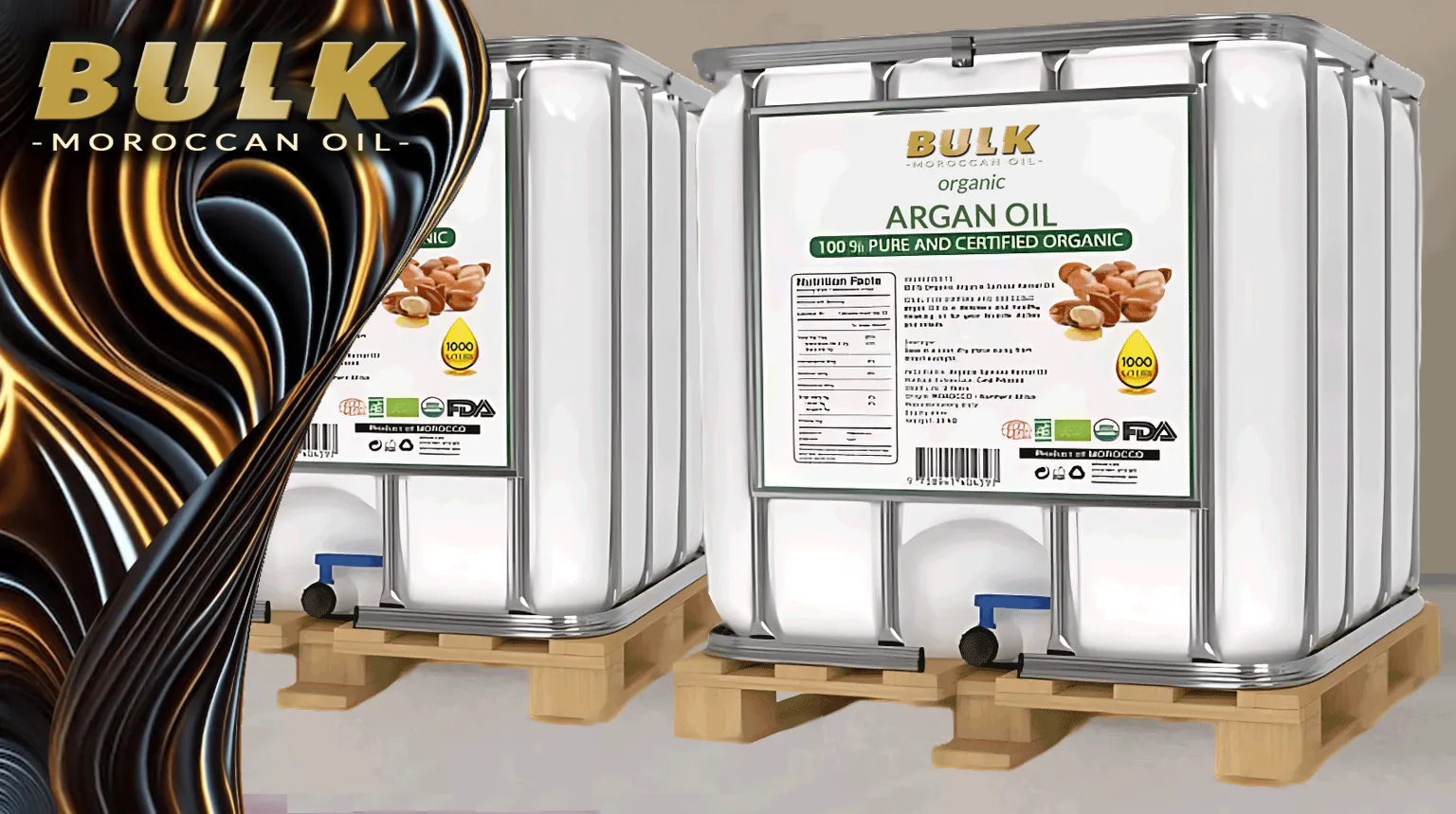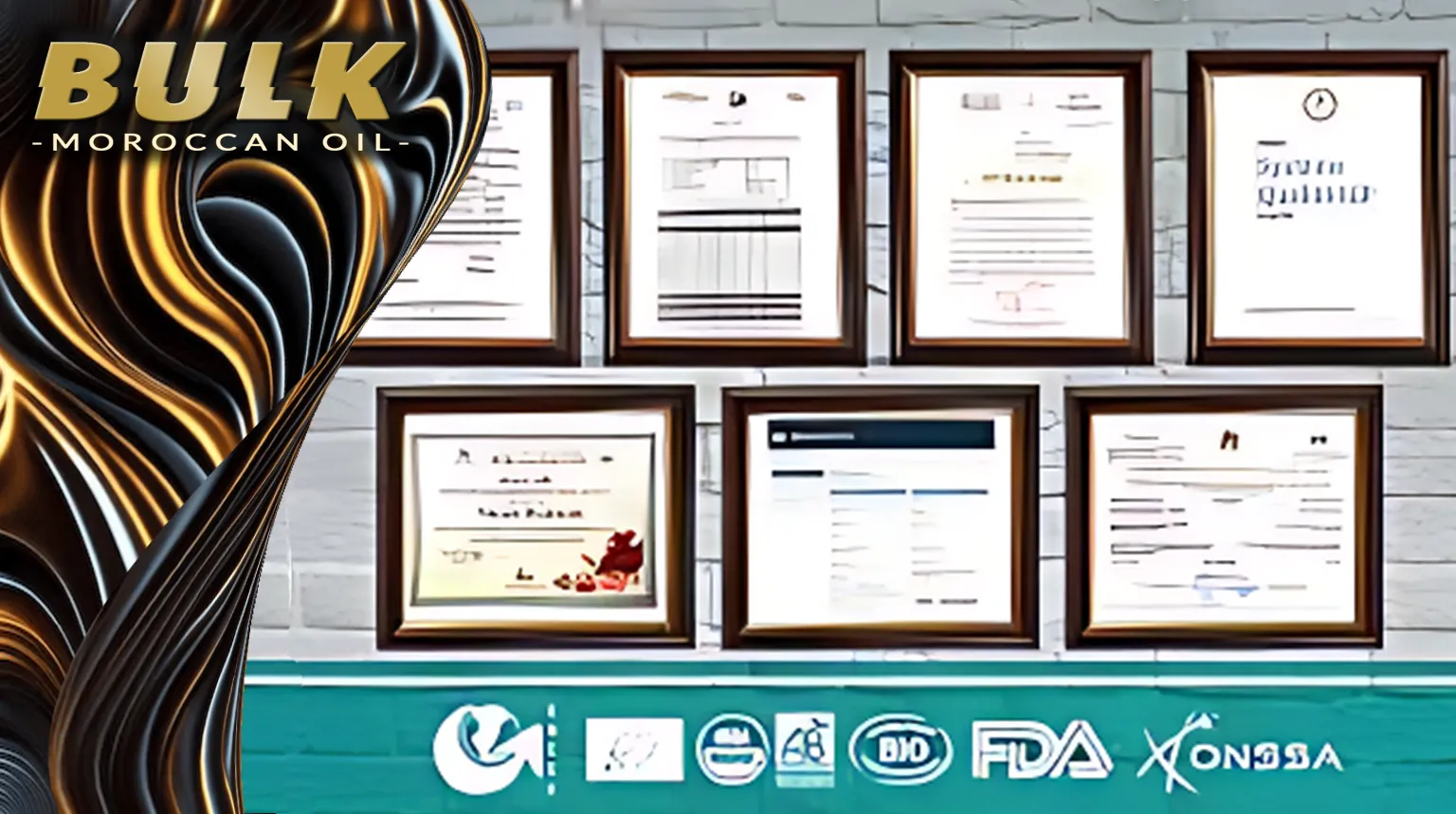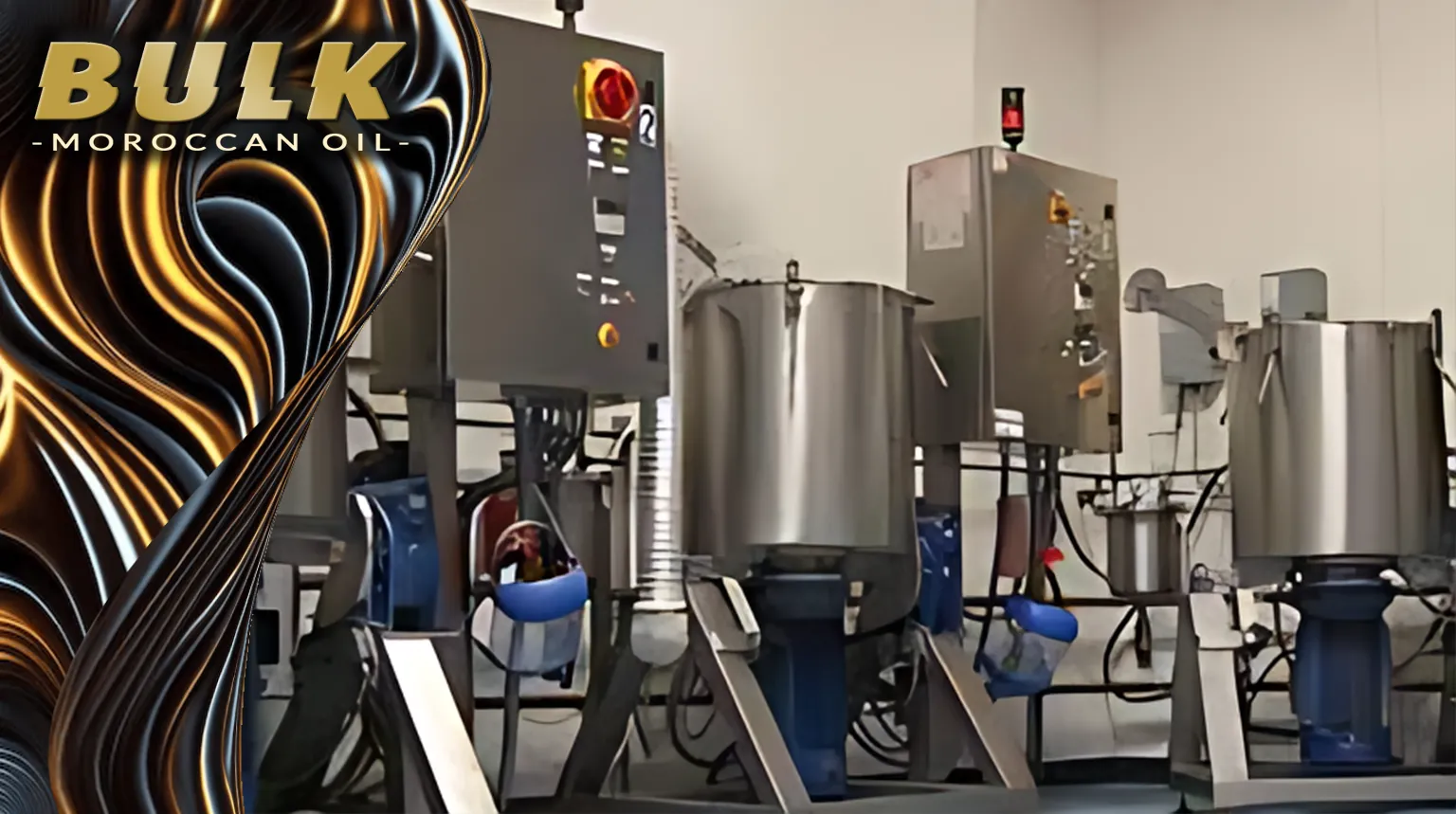Starting a Wholesale Business and Becoming a Wholesale distributor
Are you considering starting a wholesale business? With the wholesale industry accounting for a staggering $6 trillion in 2018 alone, it's a lucrative sector to explore. This guide will take you through the essential steps and strategies to become a successful wholesale distributor. Whether you're new to the industry or looking to expand your existing business, this article will provide valuable insights and guidance. Discover how to navigate the wholesale world, establish your business, and thrive in this competitive market.
Content:
- Becoming a Distributor
- Understanding the Wholesale Business
- Planning Your Wholesale Business
- Sourcing Wholesale Products
- Setting Up Your Wholesale Business
- Understanding the Wholesale Pricing Model
- Marketing and Selling Wholesale Products
- Managing Operations and Logistics
- Expanding and Growing Your Wholesale Business
- Tips for Running a Successful Wholesale Business
- Conclusion and Key Takeaways
This blog is brought to you by BULK Moroccan Oil, your wholesale supplier for organic pure Argan oil.

What is a Wholesale Distributor?
A wholesale distributor plays a vital role in the supply chain by handling the distribution of products from manufacturers and selling them at wholesale prices to retailers. The wholesaler or supplier acts as a middleman, connecting manufacturers to retailers and ensuring the efficient flow of goods. They have a business license to deal with large quantities of products and the infrastructure to facilitate the distribution process, including warehouses and shipping logistics.
Most of the time, wholesalers directly ship the products to retailers who have purchased them. However, there is also a method called drop shipping, where the retailer buys products from the wholesaler, who is responsible for processing and shipping the order to the end customer. While dropshipping is less common, it is prevalent in e-commerce, with companies like Amazon using it for a significant portion of their sales.
The Difference Between a Wholesaler and Retailer
It's essential to understand the distinction between a wholesaler and a retailer. Retailers resell the manufactured product directly to the end customer through physical stores or e-commerce platforms. They are responsible for creating a retail presence and handling customer-facing operations.
On the other hand, a wholesale distributor's customers are the retailers themselves. Wholesalers sell their products to retailers and ship them directly to the retailer or, in some cases, to the end customers on behalf of the retailer. The retailer is responsible for ensuring customer satisfaction and dealing with any issues. While wholesalers and retailers work closely together, their roles and responsibilities differ significantly.
How to Become a Wholesale Distributor
Starting a wholesale distribution business requires careful planning and strategic execution. Let's explore the essential steps you need to take to become a successful wholesale distributor.
- Educate yourself: Gain valuable insight into running a business by taking courses or reading books on accounting and business administration. Building a strong foundation of business knowledge will help you make informed decisions and navigate the challenges of wholesale distribution.
- Please choose your product focus: Wholesale distributors can sell a wide range of products, so it's important to select a specific type of product or industry to focus on. Having in-depth knowledge of your products will make you more valuable to retailers and customers, as you can provide expert advice and support.
- Analyze profitability: Before diving into the wholesale business, assess whether your chosen product can generate sufficient profits. Calculate the costs associated with acquiring the products from manufacturers and delivering them to your warehouse. Consider all expenses, such as warehousing, staff, packaging, and shipping. Set a profit goal that makes the entire enterprise worthwhile.
- Acquire the necessary licenses: Register your business, obtain an Employer Identification Number (EIN) from the IRS, and apply for sales tax and wholesaler licenses. These legal steps are crucial for establishing your wholesale distribution business and operating it legally.
- Secure funding: Determine the capital you need to run your operation for several months, considering inventory costs, overhead expenses, and initial marketing efforts. You can use personal savings, obtain a business loan, or seek out investors to secure the necessary funding.
- Find suitable warehouse space: Find a warehouse that meets your storage and organizing requirements. Consider factors such as location, size, and accessibility. Being close to manufacturers can provide logistical advantages and streamline operations.
- Establish relationships with manufacturers and retailers: Connect with manufacturers who produce the products you want to sell. Negotiate favorable terms and secure reliable partnerships. Build relationships with retailers to understand their needs and provide excellent customer service.
- Start moving products: Place your first order with a manufacturer and begin receiving, storing, and selling the products. Implement efficient inventory management systems to track and manage your stock effectively.
- Starting a wholesale distribution business requires careful planning and ongoing adaptation to market trends. Stay updated on industry developments, listen to feedback from retailers and customers, and continuously refine your operations to ensure long-term success.
Advantages and Disadvantages of Wholesaling
Wholesale distribution offers several advantages, but it's important to consider potential drawbacks. Let's explore the pros and cons of becoming a wholesale distributor:
Advantages:
- Provides access to a wide range of goods for retailers and customers, especially those in less-populated areas.
- Allows manufacturers to focus on production while relying on wholesalers to handle distribution and logistics.
- Increases market reach for manufacturers by leveraging the local knowledge and networks of wholesalers.
- Streamlines the supply chain, ensuring efficient delivery of products from manufacturers to retailers and customers.
Disadvantages:
- Requires substantial capital investment to purchase products in large quantities.
- Involves potential delays in receiving payments from retailers, impacting cash flow.
- This can lead to high warehousing costs, especially if you deal with large volumes of products.
- Subject to external factors such as economic conditions and market fluctuations.
How to Calculate Wholesale Prices
Setting the right wholesale prices is crucial for your business's success. Here's a simple method to calculate your wholesale price:
- Determine the cost per unit of the product you purchase from the manufacturer.
- Decide on the profit margin you want to achieve (e.g., 20%).
- Multiply the cost per unit by the profit margin percentage and add it to the cost per unit. This will give you the wholesale price.
For example, if the cost per unit is $10 and you aim for a 20% profit margin, the calculation would be as follows: $10 x 1.2 = $12. Therefore, your wholesale price should be set at $12 per unit.
Remember, market research and competition analysis are important to ensure your prices remain competitive while allowing you to make a profit. Consider suppliers' prices, customer demand, and local market conditions when determining your pricing strategy.
Conclusion and Key Takeaways
Becoming a wholesale distributor requires careful planning, strategic decision-making, and ongoing adaptation to market conditions. By following the steps outlined in this guide, you can establish a successful wholesale distribution business:
- Educate yourself about business management and distribution best practices.
- Choose a specific product focus and gain in-depth knowledge about your chosen industry.
- Analyze the profitability of your business and set realistic profit goals.
- Acquire the necessary licenses and legal documentation.
- Secure the funding required to start and sustain your operation.
- Find suitable warehouse space and establish relationships with manufacturers and retailers.
- Implement efficient inventory management systems and start moving products.
- Continuously adapt to market trends and refine your operations to ensure long-term success.
By effectively understanding the advantages and disadvantages of wholesaling and calculating your wholesale prices, you can navigate the wholesale distribution industry and build a profitable business. Good luck on your journey to becoming a successful wholesale distributor!
Summary
- Becoming a wholesale distributor is a lucrative profession that requires careful planning and strategic execution.
- A wholesale distributor acts as a middleman between manufacturers and retailers, handling the distribution of products in large quantities.
- Wholesalers can sell products directly to retailers or use dropshipping methods to deliver products to end customers.
- Several steps are involved in becoming a wholesale distributor, including educating yourself, choosing a product focus, analyzing profitability, acquiring licenses, securing funding, finding warehouse space, and establishing relationships with manufacturers and retailers.
- Wholesale distribution offers advantages such as providing access to goods, helping manufacturers reach a broader market, and streamlining the supply chain.
- However, disadvantages include the need for substantial capital investment and potentially high warehousing costs.
- Calculating wholesale prices involves determining the cost per unit and setting a desired profit margin.
Remember, success in wholesale distribution requires ongoing dedication, adaptability, and a deep understanding of the market. Implementing efficient logistics and maintaining strong relationships with manufacturers and retailers will contribute to the long-term success of your wholesale business.
References:
- "7 powerful steps to start a wholesale distribution business"
- "How to Become a Wholesaler | How to Start Wholesaling"
- "How to Start a Wholesale Business - NerdWallet"
- "How To Become a Wholesaler: A Guide To Selling Wholesale | Indeed.com"
- "How to start up a wholesaling business | Start Up Donut."
- "How To Become A Wholesale Distributor: 4 Tips For Distributor Success - Alibaba.com Blog"
- "Becoming A Wholesale Distributor | Product Distribution Strategy"
- "How to Be a Wholesale Distributor | HowStuffWorks."
- "How to Start a Wholesale Distribution Business | Entrepreneur"
- "8 Steps to Starting a Wholesale Business - Fleximize"
Other Articles in this Series:
- Becoming a distributorUnderstanding the Wholesale Business
- Understanding The Wholesale Business
- Securing Financing For Your Wholesale Business
- Planning Your Wholesale BusinessSourcing Wholesale Products
- Sourcing Wholesale Products
- Setting Up Your Wholesale Business
- Understanding the Wholesale Pricing Model
- Marketing and Selling Wholesale Products
- Managing Operations and Logistics
- Expanding and Growing Your Wholesale Business
- Tips Making A Blueprint for a Successful Wholesale Distribution Business
Hashtags:
wholesale #distributor #wholesaledistributor #wholesaler #wholesaledistributionbusiness #startawholesale #retailer #becomeawholesale #becomeawholesaler #business #success #entrepreneur #supplychain #marketing #logistics
Referrals:
- "7 Powerful Steps to Start a Wholesale Distribution Business" | Orders in Seconds
- "How to Become a Wholesaler | How to Start Wholesaling" | BlueCart Blog
- "How to Start a Wholesale Business" | NerdWallet
- "How To Become a Wholesaler: A Guide To Selling Wholesale" | Indeed.com
- "How to Start up a Wholesaling Business" | Start Up Donut
- "How To Become A Wholesale Distributor: 4 Tips For Distributor Success" | Alibaba.com Blog
- "Becoming A Wholesale Distributor" | Product Distribution Strategy
- "How to Be a Wholesale Distributor" | HowStuffWorks
- "How to Start a Wholesale Distribution Business" | Entrepreneur
- "8 Steps to Starting a Wholesale Business" | Fleximize
Frequently Asked Questions (FAQ)
Q: What is a wholesale business?
A: A wholesale business involves buying products in bulk from manufacturers or suppliers and selling them to retailers or other businesses at a profit.
Q: How do I start a wholesale business?
A: To start a wholesale business, you must research your market, create a business plan, obtain necessary licenses, find reliable suppliers, and establish a sales channel.
Q: What is the importance of a wholesale license?
A: A wholesale license allows you to legally buy products in bulk from manufacturers and sell them at a profit without paying sales tax.
Q: What are the key steps to starting a wholesale distribution business?
A: The key steps include identifying your niche market, securing funding, setting up your business entity, obtaining necessary permits and licenses, finding reliable suppliers, and establishing your distribution channels.
Q: How can I become a successful wholesale distributor?
A: To become a successful wholesale distributor, you must build strong relationships with suppliers, offer competitive pricing, provide excellent customer service, and continually adapt to market trends.
Q: Can I sell wholesale products directly to consumers?
A: Yes, you can sell wholesale products directly to consumers through online platforms or by setting up a retail storefront. However, remember that this may involve different pricing strategies and marketing approaches.
Q: What is the role of reselling in a wholesale business?
A: Reselling in a wholesale business involves buying products from manufacturers or suppliers and selling them to retailers or other businesses without altering the product significantly.
Q: How important is the supply chain in running a wholesale business?
A: The supply chain is crucial in running a wholesale business as it involves the logistics of sourcing, storing, and distributing products efficiently to meet customer demand and maintain business profitability.




